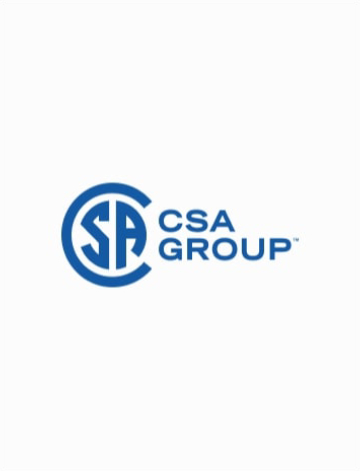Preface
This is the first edition of CSA O125, Mechanically laminated timber — Production and qualification specifications.
This Standard is intended to provide initial qualification and ongoing production quality control requirements to ensure that mechanically laminated timber products, as defined in this Standard, possess the structural design properties specified in CSA O86; and the physical characteristics that will lead to satisfactory performance in service.
The procedures in this Standard are under continuing development by the members of the Technical Committee and the Subcommittee responsible for producing this Standard.
This Standard was prepared by the Subcommittee on Mechanically Laminated Timber, under the jurisdiction of the Technical Committee on Solid and Engineered Wood Products and the Strategic Steering Committee on Construction and Civil Infrastructure, and has been formally approved by the Technical Committee.
This Standard has been developed in compliance with Standards Council of Canada requirements for National Standards of Canada. It has been published as a National Standard of Canada by CSA Group.
Scope
1.1 Overview
This Standard provides minimum requirements for the manufacture of MLT using laminations of graded lumber connected parallel to each other along the wide face with metal or wooden fasteners.
1.2 Inclusions
Two qualification paths are provided for prescriptive and custom MLT, respectively, in this Standard:
a) For prescriptive MLT, the design specifications (in the form of design modification factors) for MLT manufactured in accordance with this Standard are provided in CSA O86.
b) For custom MLT, which is manufactured using specific fastening and, if present, butt joint details, procedures are provided to derive corresponding design modification factors.
Only MLT panels meeting the requirements of this Standard may be certified, labelled, advertised, and sold as such.
1.3 Exclusions
Storage, handling, and on-site installation of products subsequent to manufacture are not covered in this Standard.
1.4 Terminology
In this Standard, “shall” is used to express a requirement, i.e., a provision that the user is obliged to satisfy in order to comply with the Standard; “should” is used to express a recommendation or that which is advised but not required; and “may” is used to express an option or that which is permissible within the limits of the Standard.
Notes accompanying clauses do not include requirements or alternative requirements; the purpose of a note accompanying a clause is to separate from the text explanatory or informative material.
Notes to tables and figures are considered part of the table or figure and may be written as requirements.
Annexes are designated normative (mandatory) or informative (non-mandatory) to define their application.
1.5 Units of measurement
The values given in SI units are the units of record for the purposes of this Standard. Where values given in parentheses, they are for information and comparison only.
Note: For conversions into yard/pound (imperial) equivalents, see Annex A.


